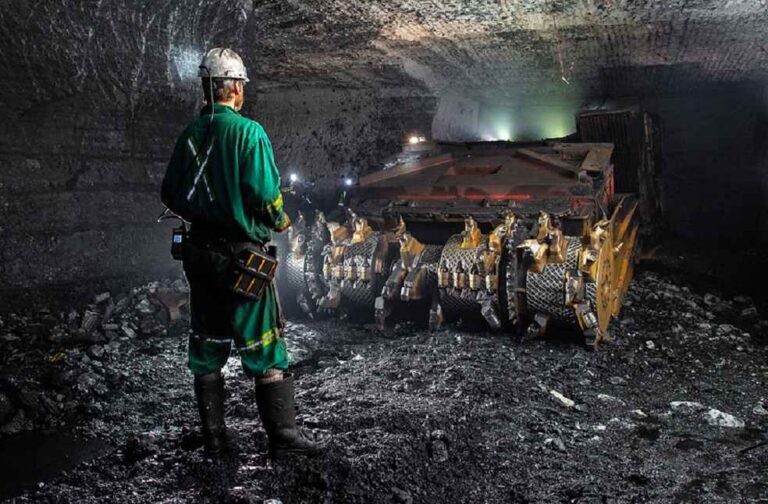The US Ex-Im Bank (Export-Import) has voted unanimously to lift long-standing restrictions on financing foreign coal-fired power plants, marking a significant policy shift following an executive order by President Donald Trump. The move ends a 12-year policy that had effectively halted Ex-Im’s support for coal projects abroad unless they included carbon capture technology.
The restrictions, introduced in 2013 in response to legal action by Friends of the Earth, had aligned Ex-Im’s lending practices with environmental standards aimed at curbing emissions from coal, the most carbon-intensive fossil fuel. However, Trump’s recent directive called on Ex-Im and other federal agencies to ensure their policies no longer discourage coal-related developments.

With the board’s latest vote, Ex-Im’s internal Environmental and Social Due Diligence Procedures and Guidelines (ESPGs) are now adjusted to align with a broader ‘America First’ energy strategy initiated during Trump’s first term. The bank clarified that coal projects will still be evaluated under the remaining environmental guidelines applicable to all energy projects.
Environmental groups and conservationists have strongly criticized the decision, warning that it opens the door for taxpayer-backed support of polluting energy sources at a time when the global focus is shifting toward clean energy. Critics argue that the bank has continually supported fossil fuel developments despite its potential to finance renewable alternatives.
Friends of the Earth’s international finance program manager, Kate DeAngelis, condemned the reversal, stating, “This basically says the US government is no longer supporting projects that save people; it is supporting projects that kill people.”

The change mirrors earlier periods when Ex-Im was among the world’s leading financiers of overseas coal projects. Under both Democratic and Republican administrations, the bank has faced criticism for backing fossil fuel ventures while global efforts focused on reducing greenhouse gas emissions.
The policy shift comes amid a fractured global stance on export-credit agency financing for fossil fuels. Last year, a joint push by the US, EU, and UK to limit such financing collapsed during the final phase of the Biden administration.
The decision has reignited debate in Congress over the bank’s future. Lawmakers critical of the bank’s direction may push to reconsider its reauthorization, which comes up for renewal next year.
IMEX SECTOR | India Imposes 20% Export Duty on Parboiled and Milled Rice



